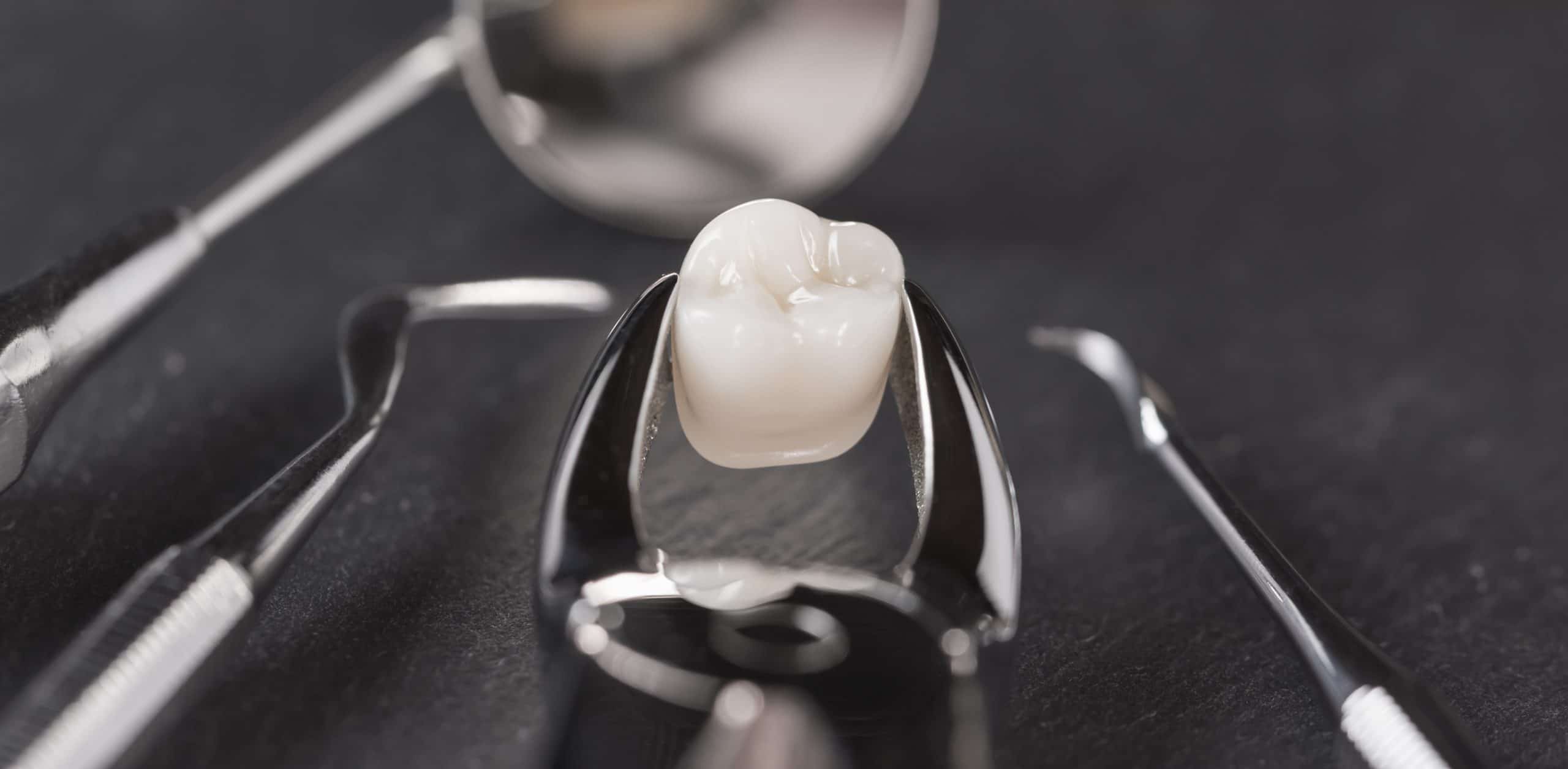Let’s face it, getting a tooth extracted isn’t fun, but it’s necessary to keep your smile healthy and happy. Whether you’re getting a tooth extracted due to overcrowding, trauma, decay, or wisdom teeth, knowing how to care for the extraction area after surgery is crucial. And with the guidance from our expert dentists at Ora Dental, your postoperative healing process can go smoothly and quickly. That means less pain, less problems, and less recovery time after your tooth extraction. Just follow our Do’s & Don’ts definitive guide down below and be on your way to a speedy recovery!

Post-op Do’s:
Do: Allow the Extraction Site to Clot
Bleeding after tooth extraction is totally normal. Overtime, the extraction site will form a blood clot which will prevent the area from bleeding more. This is highly important to prevent complications like dry sockets or infections. Make sure to keep the area clear of food particles or anything sharp during this time to promote a healthy blood clot.
Do: Promote Blood Clot Development By:
Packing gauze over the extraction site and applying pressure to the area. This will help stop the bleeding, encouraging development of the blood clot.
Change the gauze when necessary – every few hours is normal.
Do: Apply Ice Packs to Your Face
If you are experiencing increased swelling or pain, try applying ice packs to the side of your face that’s affected. Do this for 15 minutes at a time for the first 24 hours until swelling and pain subside.
Do: Make Sure to Take Your Prescribed Medication
If your dentist prescribes you a specific medication or over-the-counter pain medication, make sure you are taking it at the recommended time and following all directions. Dentists may recommend antibiotics for infection. If this is the case, you must take these as prescribed. Following your dentist’s post-op advice is pivotal to the healing process, reducing pain and the risk of complications like infection or dry socket.
Do: Avoid Vigorous Activity & Rest Up
In order to heal properly after tooth extraction, your body needs rest and time. It’s important to not be too eager to get back into your daily routine. Your body needs to rest for at least 24 hours. This means no vigorous exercise for at least 48 hours after oral surgery. Also, make sure to elevate your head while sleeping. This small change can help blood clot development.
Do: Only Eat Soft Foods
For at least the first 48 hours, food can irritate the extraction area. For this reason, it’s important to stick to eating soft foods only. This includes foods like eggs, apple sauce, soup, yogourt, mashed potatoes, soft fruits, jello, and pudding. You’ll want to continue eating this way until the extraction site is fully healed.
Do: Avoid the Extraction Site While Brushing
While maintaining great oral health care is key to keeping a healthy smile, make sure to avoid your extraction site while brushing and flossing at all costs. Continue to brush and floss as normal, but never come in contact with the tooth socket until it is completely healed.
Do: Rinse With Saline
After the clot is developed after the first 48 hours, make sure to rinse your mouth with saline to kill any bacteria that can risk infection. Simply mix together warm water and salt to create your own saline solution at home. Rinse your mouth gently, then let the water drain slowly – no spitting.

Post-op Don’ts:
Don’t: Use straws
A major “don’t” after a tooth extraction is using straws. The blood clot can become dislodged when sucking through a straw, increasing the chances of dry socket development. Straws should not be used for at least 48 hours after oral surgery.
Don’t: Chew on the Same Side of the Extraction
It’s important to use the other side of your mouth while chewing to decrease the risk of food particles entering the tooth socket. Make sure to only chew on the opposite side until the extraction site is completely healed.
Don’t: Smoke
The chemicals in tobacco can greatly affect blood clotting. If a patient smokes post-surgery, the risk of dry socket increases substantially. Wait at least 48 hours after your extraction to smoke if necessary.
Don’t: Eat Hard or Chewy Foods
For 10 days, or until the extraction site heals, we recommend avoiding hard, chewy, or sharp foods. It is also critical to say no to foods with small grains or seeds that can disrupt or irritate the socket. Smoothies may sound like a good, tasty idea, but if they’re packed with seeds, make sure you steer clear.
Don’t: Drink Carbonated Beverages or Alcohol
Alcohol and any carbonated beverage can cause damage to your developing blood clot. In order to prevent any complications, avoid these two types of drinks for at least four days.
Don’t: Spit or Blow Your Nose
While you can allow blood or saliva to drain slowly from your mouth, you should never spit after a tooth extraction. This creates unwanted pressure on the mouth which can negatively affect your blood clot. Along with spitting, blowing your nose can cause the same pressure and should be avoided when possible.
Don’t: Use Your Tongue to Play With the Socket
It’s important to not probe the extraction area with your tongue. Sure the site may feel odd without a tooth present, but make sure to leave it alone. Probing the area with your tongue can dislodge the clot and increase risk of complications.
We hope you benefit from our lists of Do’s and Don’ts and have a speedy and pain-free recovery! If you are looking to get a tooth extraction or need more post-op advice, our team at Ora Dental would be happy to help! With our state-of-the-art equipment, we can accurately diagnose and assess your entire mouth to effectively and efficiently get you in and out of the dental chair – and back to living your day to the fullest.
